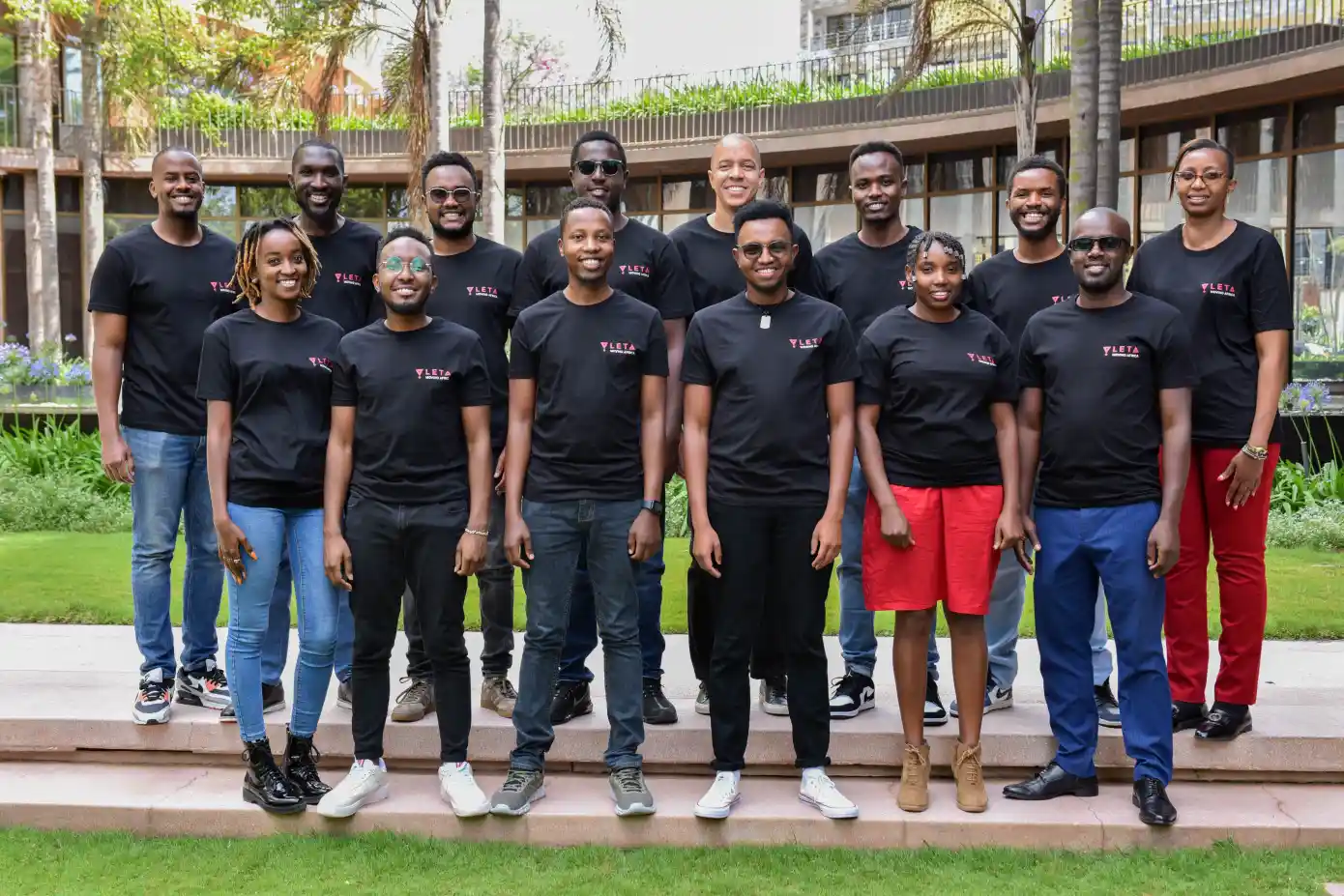Hola,
Victoria from Techpoint here,
Here’s what I’ve got for you today:
- BURN’s $12 million investment
- Why returns matter for African startups
- Thepeer shuts up shop nearly two years after a $2.1m seed
- Losing ₦6.15 billion to fraud
BURN’s $12 million investment

What happened? BURN Manufacturing, a Kenyan clean cookstove maker, just scored over $12 million to spread its clean cooking solutions across Africa.
The funding, led by Key Carbon Ltd. and backed by Cartesian, will help BURN distribute electric cookstoves in Kenya, Tanzania, Uganda, and Zambia, and biomass stoves in Nigeria, DRC, Tanzania, and Mozambique over the next couple of years.
Why does it matter? In sub-Saharan Africa, using traditional cooking fuels like firewood or charcoal leads to health, environmental, economic, and gender issues for around 950 million people. BURN’s electric and biomass stoves aim to tackle these challenges.
Peter Scott, BURN’s Founder and CEO, expressed excitement about reaching an additional 1.5 million people with their revolutionary appliances.
Per the company, its electric and biomass stoves have already transformed the lives of over 24 million people since 2014. Now, with this new investment, it aims to reach an additional 1.5 million people, avoiding over 12 million tonnes of carbon emissions in the next seven years.
Through carbon financing, BURN plans to make its cookstoves more affordable for low-income households.
Why returns matter for African startups

Between 2019 and 2021, there was a buzz around African startups, with venture capital pouring in, reaching $4 billion in 2021 from just $1.3 billion in 2019.
With interest rates at rock bottom in many Western countries, investors flocked to African startups, seeing them as potential goldmines for big returns. But by 2022, the hype was cooling down as investors became more cautious.
Now, fundraising is no walk in the park for founders or investors. Startups are finding it tougher to raise money, and even experienced fund managers are struggling to convince investors to put their money into venture capital.
Angel investors, too, are pulling back, especially as interest rates rise, making other investment options look more appealing.
Fund closes are taking longer, with many venture firms raising funds below their initial targets. Despite these hurdles, Bernard Ghartey, Investment Manager at Norrsken22, sees a silver lining. Find out in Chimgozirim’s latest story here.
Thepeer shuts up shop nearly two years after a $2.1m seed

Thepeer, a Nigerian API startup, has shut up shop nearly two years since it announced its $2.1 million seed round. The company is shutting down and returning the remaining funds to investors.
The platform is going into maintenance mode for now. It’s hoping to keep it running until it finds a new home for it.
So, why the shutdown? Turns out, it couldn’t quite match its product with what the market needed at its current size and scale.
Started in 2021 by Kosisochukwu Chike Ononye and Michael “Trojan” Okoh, Thepeer aimed to make it easy for businesses to share data using its API. It offered a platform for accepting digital wallet payments from various wallets across Africa, making money movement smoother for businesses and fintechs.
Despite raising that $2.1 million seed round in June 2022 and showing some promising growth stats, it faced challenges. Compliance issues hindered its plans, and the slow adoption of wallets as a payment option meant it had to spend a tonne of time and resources educating people about their services.
After weighing its options — pivoting hard, merging, or giving investors their money back — it decided to go with the latter.
Unfortunately, shutdowns like this are becoming more common in the African tech scene. Last year, about 15 startups across the continent closed their doors after raising over $200 million.
Losing ₦6.15 billion to fraud

In 2023, Access Bank, Nigeria’s biggest commercial bank, faced a hefty ₦6.15 billion in losses due to fraud and forgery, a sharp increase from ₦1.44 billion the previous year.
Most of these losses, about 80%, stemmed from fraudulent transfers, withdrawals, and reactivations. Embezzlement followed closely behind, accounting for 29%, which included various forms of cash theft and electronic fraud.
Per the bank’s report for the year ending December 31, 2023, there were 6,771 attempted incidents of electronic fraud and USSD, totalling ₦2.69 billion. Surprisingly, the actual loss from these attempts was only ₦92.2 million, significantly lower than the attempted amount.
While electronic fraud and USSD incidents ranked third highest in 2023, they topped the list in the previous year, accounting for a staggering 80% of all fraud cases. However, compared to 2023, there were almost double the attempts and nearly 13 times the losses in 2022.
Although Access Bank didn’t specify its exact measures to combat electronic fraud, the report hinted that the bank had successfully reduced the incidents.
Access Bank isn’t the only one dealing with electronic fraud. A 2023 report revealed that Nigerian banks collectively lost ₦5.79 billion to fraud in the second quarter alone, up from ₦472.28 million in the first quarter of the same year.
In case you missed it
- This two-year-old crypto startup is on its way to becoming Africa’s Coinbase
What I’m reading and watching
- DStv increases prices
- Every Autoimmune Disease Explained in 12 Minutes
- South Africa’s struggle against xenophobia
Opportunities
- Zyolix is looking for a UI/UX & Product Designer for Saas Website. Apply here.
- Apply for the product manager role here.
- Lemonde Payments is looking for a Product UX Designer. Apply here.
- 0x is hiring a Senior Software Engineer (Full-Stack). Apply here.
- A US-based company is looking for a Junior Software Engineer to join our miniExtensions team. Apply here.
- Seedstars has announced INFUSE 2024, a global invitation for innovative applications aimed at fortifying health systems against climate threats and improving immunisation delivery. Apply here.
- Explore this website to find multiple job opportunities in Data that align with your preferences.
- If you are a software engineer, creative designer, product manager, design researcher, or a techie looking for an internship role, please, check out this website.
Have a lovely Tuesday!
Victoria Fakiya for Techpoint Africa.










